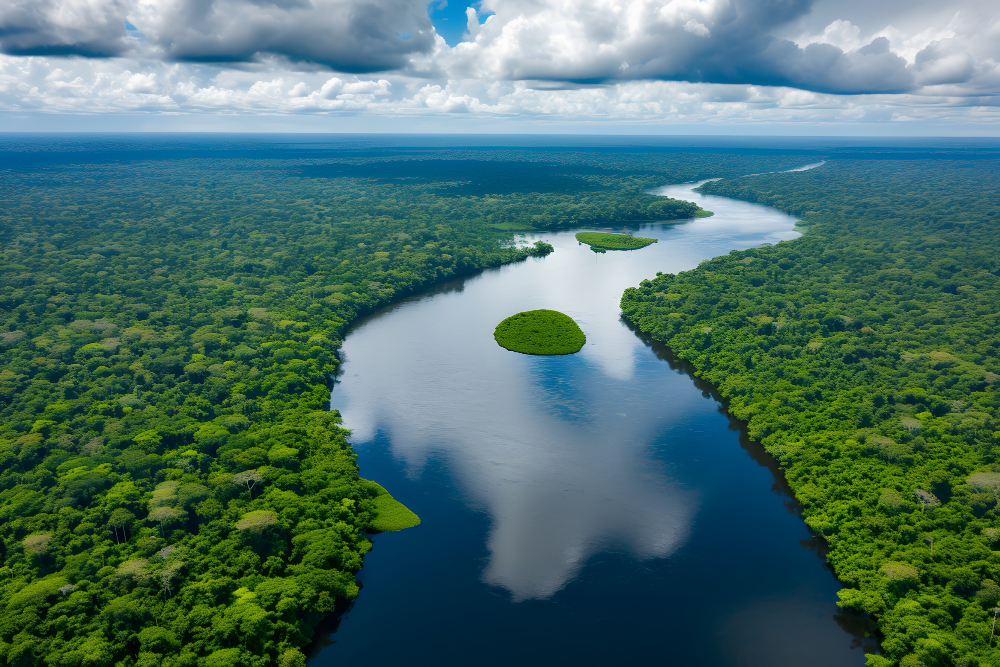In today’s fast-evolving world, the demand for clean, safe, and sustainable water is higher than ever. As Nigeria’s population grows and urbanization accelerates, water manufacturers are under pressure to deliver high-quality drinking water efficiently and affordably. Artificial Intelligence (AI) —a game-changing technology that is transforming the way water is purified, monitored, and distributed.
 Understanding how AI can boost your operations is no longer optional as every living man can’t keep living without water, and most importantly, quality water—it’s essential.
Understanding how AI can boost your operations is no longer optional as every living man can’t keep living without water, and most importantly, quality water—it’s essential.
What is AI-Powered Water Management?
AI-powered water management refers to the use of machine learning algorithms, smart sensors, and real-time data analytics to optimize every stage of water production—from purification to packaging and distribution. These intelligent systems can detect anomalies, predict maintenance needs, and ensure consistent water quality with minimal human intervention.
Benefits of AI in Clean Water Production
1. Real-Time Water Quality Monitoring
AI systems can continuously monitor water quality parameters such as pH, turbidity, and microbial content. This ensures that every bottle or sachet of water meets NAFDAC-approved standards and reduces the risk of contamination.
2. Leak Detection and Loss Prevention
Water loss due to leaks in pipes or tanks is a major issue in many Nigerian water factories. AI can analyze pressure and flow data to detect leaks early, saving thousands of liters of water and reducing operational costs.
3. Predictive Maintenance
Instead of waiting for machines to break down, AI can predict when equipment like filters, pumps, or UV sterilizers is likely to fail. This allows for timely maintenance, reducing downtime and extending the lifespan of your machinery.
4. Energy Efficiency
AI algorithms can optimize energy usage by adjusting pump speeds, filtration cycles, and chemical dosing in real time. This not only lowers your electricity bills but also supports sustainable water production.
5. Smart Inventory and Supply Chain Management
AI can forecast demand based on historical sales data, weather patterns, and regional consumption trends. This helps water factories manage inventory better and avoid overproduction or shortages.
Why It Matters for Nigerian Water Factories
Nigeria faces unique challenges in water infrastructure, including inconsistent power supply, aging equipment, and limited access to real-time data. AI bridges these gaps by offering automated, intelligent solutions that reduce human error and improve decision-making.
For example, a water factory in Lagos using AI-powered sensors can detect a drop in water quality before it reaches consumers, preventing health risks and protecting the brand’s reputation.
In conclusion, the future of clean water manufacturing in Nigeria lies in embracing smart technologies like AI. This will help drive the vision for availability of clean, portable, and quality water for all is achievable. Also, integrating AI into your operations can lead to better water quality, lower costs, and a stronger competitive edge.


